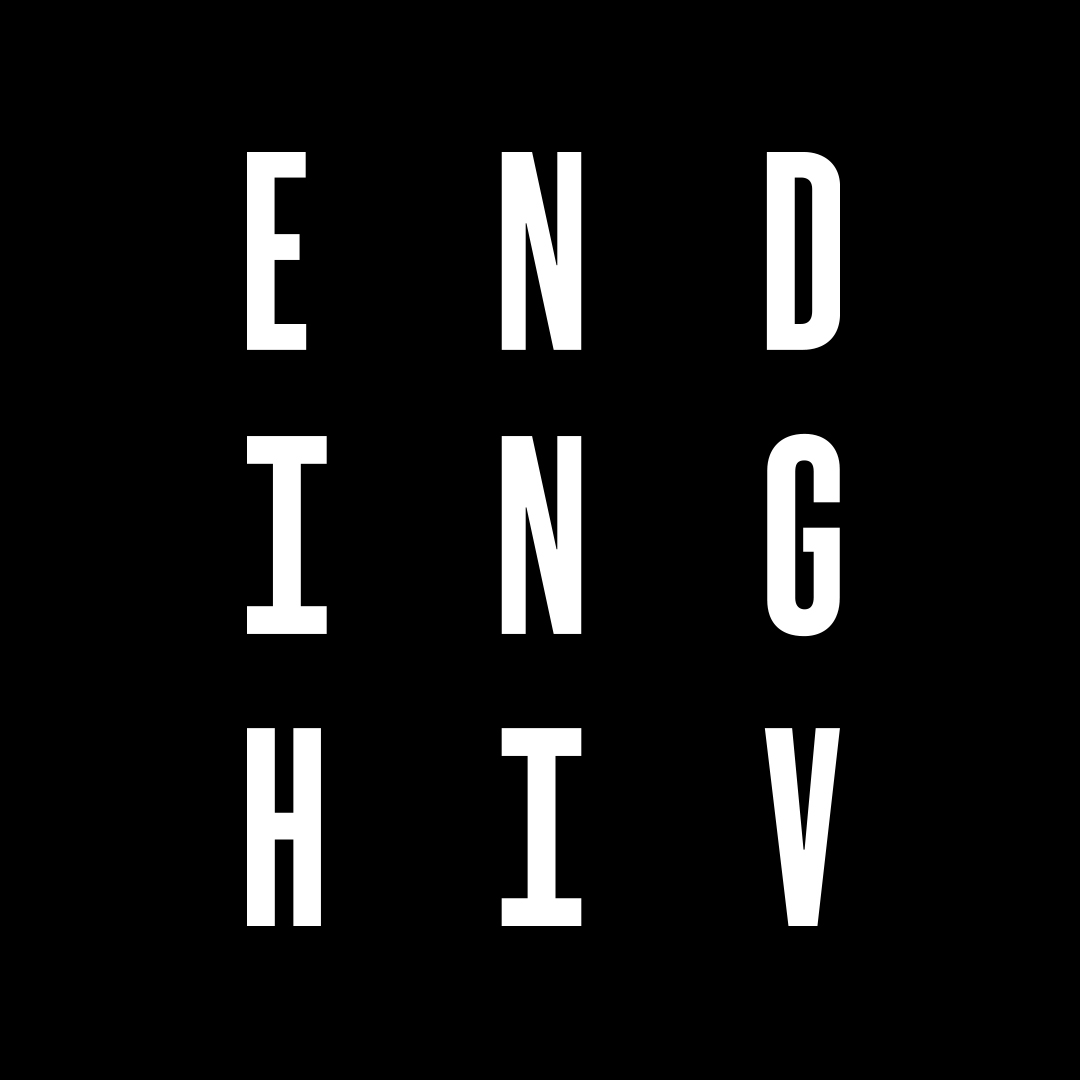Why are we still talking about HIV?
For most, this time of year is exhausting. It’s the end of year, it’s festive season, it’s getting warmer and the idea of lazing on some beach or enjoying drinks with good company is pretty much all we want to be doing.
Given events of late, having endured the marriage equality debate of our lifetime (and yet with still so much further to go), it’s no wonder you might be running out of steam and, to be frank, ‘over it’.
But as this week is AIDS Awareness Week, leading up to World AIDS Day on Friday December 1st, it presents as a reminder to talk about something imperative, that is at the core of our community and should never be shunned because the conversation around it might have fatigued – HIV.
This week we remember the loved ones we have lost but also celebrate the victories in the fight against HIV. We’ve seen major strides in biomedicine that have paved the way for more effective treatments and prevention strategies. Thanks to the community engaging in testing, adopting treatment and keeping safe sex top of mind, this year we saw the lowest number of HIV notifications in NSW since the onset of the epidemic.
So with all these innovations on our side and with things appearing to be heading in the right direction, why are we still talking about HIV?
An ever-changing landscape
In recent years we’ve seen medical developments and new research change the way we respond to HIV. The advent of PrEP (pre-exposure prophylaxis) and the concept of UVL (undetectable viral load) – two highly effective ways of stopping the spread of HIV – just go to show how quickly and how much things can move in this space.
Safe sex no longer is as simple as saying ‘wear a condom’, and for many it’s been a journey of learning and discovery.
All over the world, thousands of passionate people are working in the field to create a ‘better, more reliable condom’ or the ‘next best HIV medication’ or develop a vaccine or cure.
As we head towards a future with the support of science and bio-technology, it’s for our benefit that we continue the conversation of HIV so that we stay informed and up to date and no one gets left behind.
Stick it to stigma
LGBT+ representation in film and media didn’t happen overnight. The broader community’s affinity towards the likes of Ellen, Will and Grace, RuPaul or any other rainbow representative was in part due to a long-term dose of queerness. Now, it’s near impossible to watch anything without a splash of fabulousness; it’s become a new norm.
Similarly, by keeping the conversation of HIV going we can combat stigma and help make HIV a ‘normal’ topic – not something of taboo and hush-hush. Misconceptions can be addressed, attitudes can be changed and HIV-related stigma can be put in its casket.
Respect for those lost
There’s no denying that HIV has left a devastating trail behind it. When the epidemic hit and it became apparent that it was a serious and very real threat, those unfortunate to be struck in its path were left defenceless.
No one knew how to stop this unknown ‘gay cancer’ that was wiping the world of innocent lives.
If we stop talking about HIV we would be doing a disservice to those whose voices were silenced too soon; whose fate may have been different had they been born in a different time. As the lucky ones here today, surviving and thriving, we owe them the respect to carry on the conversation about HIV and the history we must never forget.
Keep up the pace
Yes, we have made progress in eliminating HIV. Yes, today we are armed with more tools and knowledge than ever before. But while a vaccine or cure is yet to exist, millions worldwide continue to be affected by this virus. There is still much more to be done.
So today, tomorrow, this World AIDS Day and beyond, let’s have the conversation about HIV. Let’s celebrate how far we have come and the exciting road we are heading in.
Ending HIV is possible by testing often, treating early and staying safe – and that all starts with talking about it.
You can get involved this AIDS Awareness Week by participating in the Ending HIV Red Ribbon Appeal. Donate, volunteer, buy a ribbon or attend one of many fundraiser events. www.redribbonappeal.org.au
